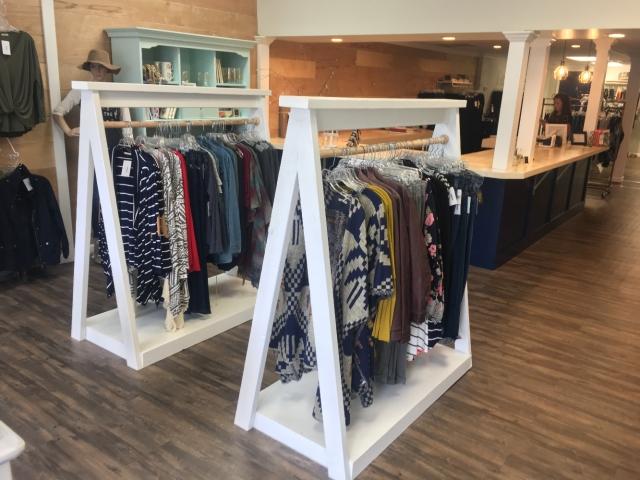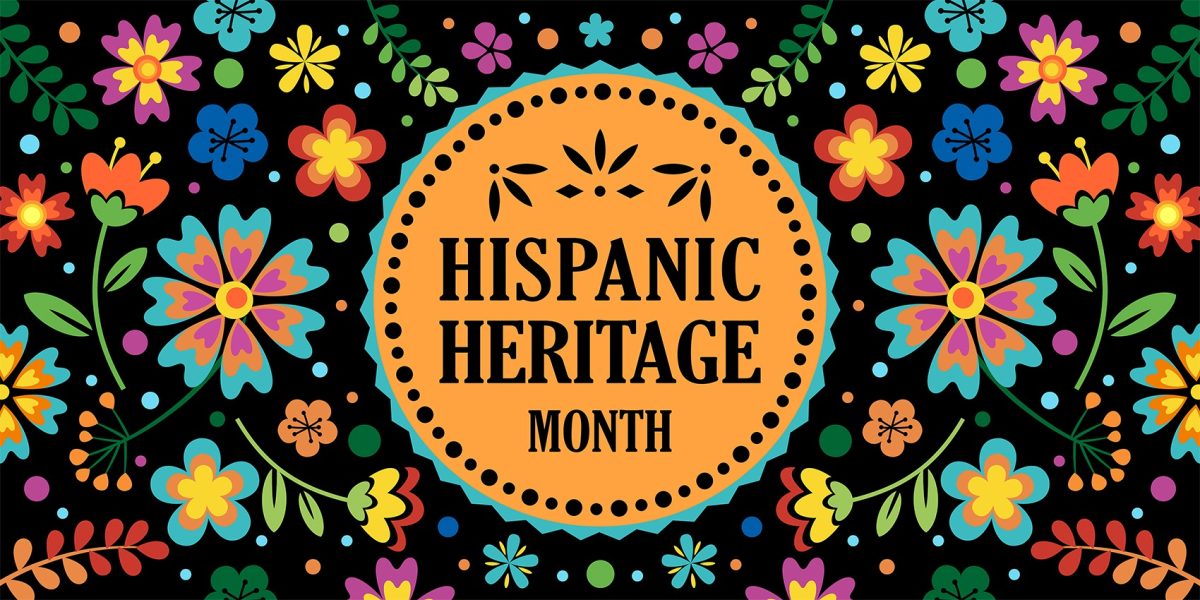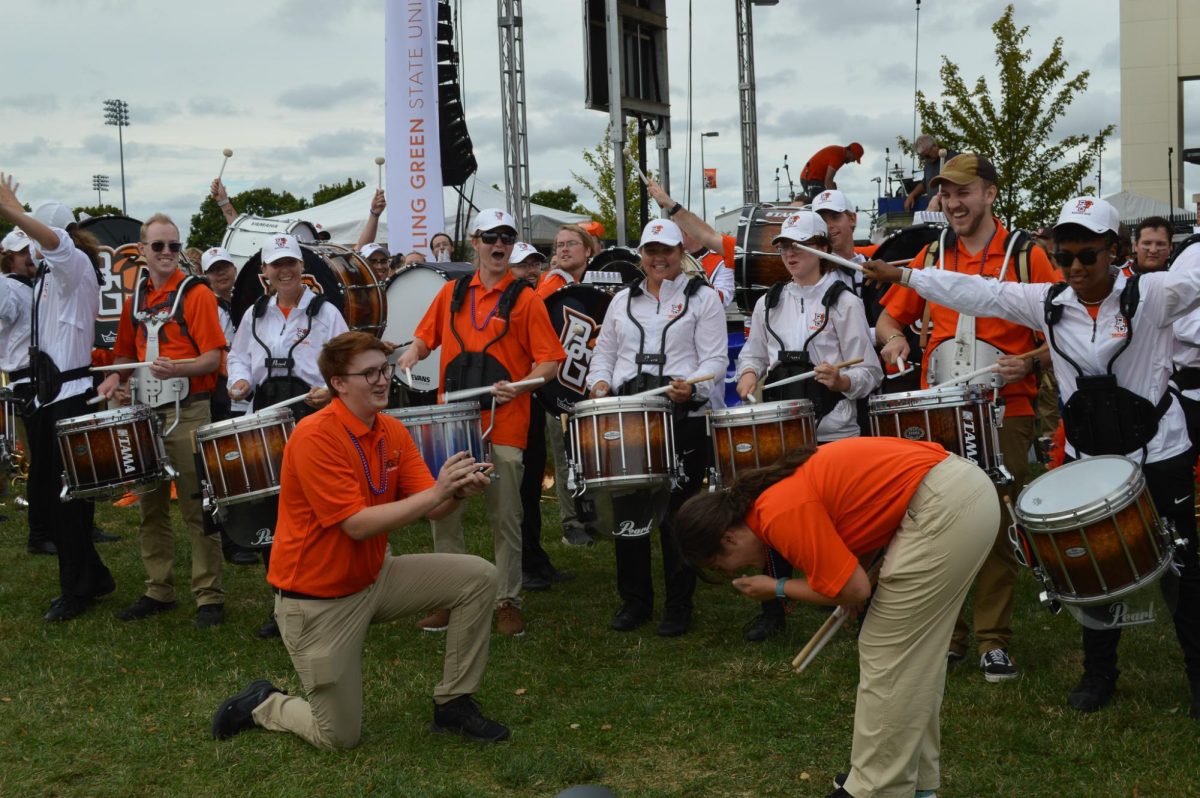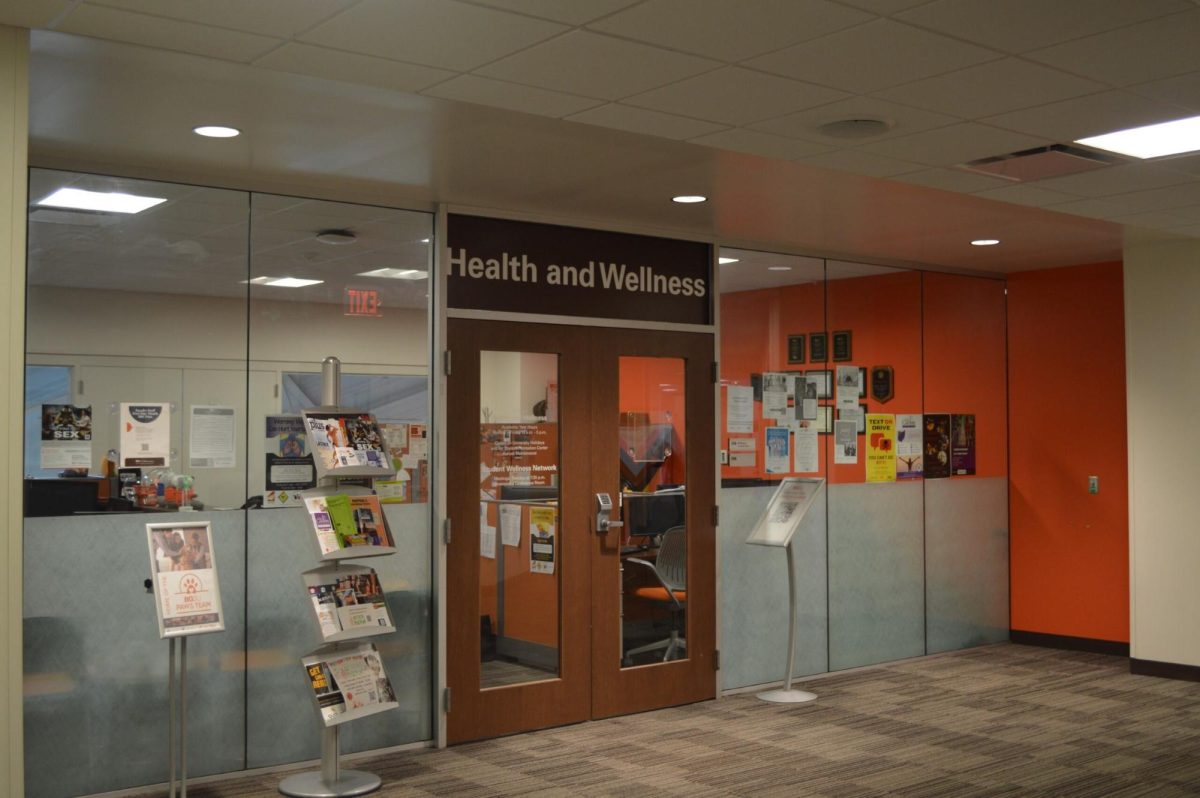By Jeff Overley The Orange County Register
SANTA ANA, Calif. (KRT) – Orange neon and iPods. Espresso bars and flat screens. Internet sites with advice about sex, drugs and rock ‘n’ roll.
Libraries ain’t what they used to be.
With funding tight and competition fierce, the hushed repositories of worldly knowledge are undergoing an extreme makeover. Far from a simple shift from encyclopedias to laptops, the institution is embarking on a cultural time warp to keep pace with modern tastes.
“People are trying to make libraries happening places,” says Ken Haycock, director of the School of Library and Information Science at San Jose State University in California.
It’s not happening at every local library, but the trend is not paper-thin. In several cities, librarians are steeping themselves in business-management theory and marketing to niche audiences. They’re studying service at five-diamond resorts and ditching rules on noise, food and drink.
And there’s no such thing as a library “patron” anymore – visitors are now known as “customers.”
The public library’s emulation of private enterprise comes as the Web challenges its monopoly on information, and cozy bookstores expose its staid reputation.
“For our own performance and, I would say, for our own survival, we need to stay competitive and move forward,” says Valerie Maginnis, library director in Mission Viejo, Calif.
Much of the library’s evolution is rooted in the halls of higher learning, Haycock says.
“Our students are taking many more courses of their own volition in areas like marketing, human-resources management, interpersonal communications,” he says.
The research is carrying over from the classroom to the boardroom, where officials seek to emulate successful companies renowned for their treatment of guests.
At the Cerritos (Calif.) Library, officials study hospitality practices at the Ritz-Carlton, Trader Joe’s and cruise lines.
Newport Beach officials look at Starbucks, and for the past six months have employed secret shoppers to gauge librarian helpfulness.
“It’s truly a sea change in librarianship,” says Linda Katsouleas, director of the Newport Beach Public Library.
The most momentous finding: People hate being shushed. In many libraries, conversation is now encouraged, with only certain areas sectored off for silence.
Four months ago, the Anaheim Library abolished its ban on cell phones in recognition of a “cell phone culture.”
“Years ago, we would never have to create a quiet zone – we were the quiet zone,” says City Librarian Carol Stone.
Gone too are stodgy desks and rock-hard chairs, replaced by leather chairs, ottomans, end tables and wrought-iron lamps.
“You’re talking about getting away from the institutional library feel,” says Don Buckley, a manager at the Cerritos Library. “We didn’t buy library furniture – we just bought furniture that was comfortable … We want it to feel like people’s living rooms.”
Also jettisoned are restrictions on snacks and beverages, a bow to the allure of bookstore-coffee shop fusions.
“We used to actually have security people, and one of their missions was to walk around and tell people to return back to the snack area,” says Ron Hayden, director of the Huntington Beach Public Library. “We now have an actual coffee cart … we’ve not only relaxed our policy, we’ve actually encouraged people to kick off their shoes.”
And libraries aren’t just mellowing out – they’re trying to tune in as well.
In many places, that means targeting youths like never before. Whereas the library of old had story time for toddlers, Anaheim now targets four distinct age groups – toddlers, elementary-school pupils, “tweens” and teens.
The Orange County Public Library, serving nearly two dozen cities, offers a “Real Life” teen Web page with links to information on sex and alcoholism, music and vegetarian eating.
It’s “all part of responding to the changing needs of our constituency,” says Katsouleas of the Newport library, which offers audio books on iPods and a teen room with a neon sign. “A 6-year-old does not need the same kind of materials and environment as teens.”
But behaving like a business means more than accommodating finicky consumers; it also means making money.
With budgets increasingly dedicated to technology and municipal funding often flat, libraries are charting new paths – far beyond used-book sales – to fatten their wallets.
In Huntington Beach, officials rent out rooms for family reunions, wedding receptions and religious services, events that netted the library $400,000 last year. Mission Viejo proctors tests, and doles out passports, pocketing tidy commissions from each.
“We celebrate our entrepreneurialism here,” says Maginnis of the Mission Viejo Library, which may soon partner with a private copy center.
With all their new offerings, libraries need to get the word out. That’s where marketing, once only word-of-mouth, comes in. Ads adorn bus shelters and school lunch menus in Mission Viejo, city newsletters in Newport Beach.
“Back in the good old days, marketing and PR for libraries consisted of a flier or a bookmark,” Maginnis says. “Now, we have to be just as commercially minded as the private sector.”
Officials say they’re confident that libraries are here to stay, in one form or another. What Google offers in accessibility, Barnes and Noble in comfort, Amazon in value – the library has all that and more, they argue.
But, they concede, any sense of pre-eminence is now a footnote in history, supplanted by an eagerness to please.
“Once upon a time, we saw ourselves as gatekeepers … but you can’t do that now,” Buckley says. “You want to get people in the doors … you have to show your value. You can’t just sit back and say, ‘We have all the knowledge in the world, come here if you want.’ We have to do more than that.”







